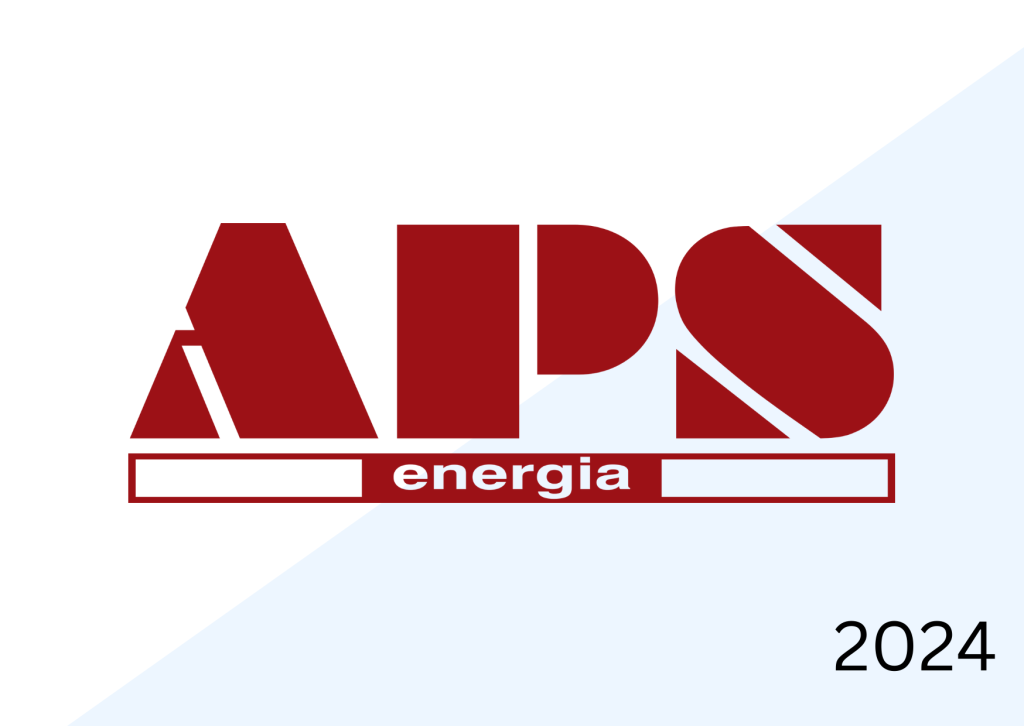
Traditionally a more male-dominated sector, in the last few years the railway industry has opened its doors, creating opportunities for a lot of competent businesswomen.
Founder of Welsh telecommunications small and medium enterprise (SME) Motion Rail, Emma Dymond is one of them, as she started her company in 2009 after working for nine years in the sector.
Dymond talks about why she decided to go into the rail industry and set up her own firm, the challenges she encountered along the way as a woman and mother, and the lessons she has learnt from the Covid-19 pandemic when it comes to running a growing business.
Ilaria Grasso Macola (IGM): Let’s start from the background. When and why did you fund Motion Rail?
Emma Dymond (ED): I became a young mum and was working as a waitress to provide for my family when I met a group of telecoms engineers. I was intrigued by their conversations about what they were working on, and found out they spliced fibre-optic cable joints.
My grandmother was one of the first women allowed to join the Royal Navy and my mother welded sections of the Channel Tunnel Rail Link, so I was raised without gender stereotypes and with the belief that we are all equal.
How well do you really know your competitors?
Access the most comprehensive Company Profiles on the market, powered by GlobalData. Save hours of research. Gain competitive edge.

Thank you!
Your download email will arrive shortly
Not ready to buy yet? Download a free sample
We are confident about the unique quality of our Company Profiles. However, we want you to make the most beneficial decision for your business, so we offer a free sample that you can download by submitting the below form
By GlobalDataWith the support of my family, I secured funding from The Prince’s Trust to complete a telecoms course and joined the railway 18 years ago. My career progressed from maintenance cable jointer, to tester in charge and then managing teams.
But I became frustrated, climbing the career ladder meant moving away from my passion – engineering. So, thanks to my grandfather’s encouragement, support, and money to register a company, I came up with a name, set up Motion Rail from my kitchen table and went back to being a Tester in Charge, working on several high-profile projects – including Thameslink and Crossrail.
Today, Motion has 55 employees across the UK, and we are working in collaboration with Jobs Growth Wales to employ an additional four 16 to 24-year-olds, providing an opportunity to gain experience in a paid role.
What does the company do? Who do you work with?
Motion specialises in rail systems engineering, delivering innovative, safe, and efficient design and build multi-functional resilient solutions – future-proofing infrastructure across the UK rail network.
We integrate and modify legacy and digital rail telecommunications equipment and our solutions consider whole-life costs from design, through implementation, to maintenance – creating value for money and delivering effective engineering. Our clients include companies such as Network Rail and Siemens.
We were recently awarded a provisional Principal Contractor Licence (PCL) by Network Rail and are one of only a handful of Tier 1 SMEs. With a confirmed £6m order book, we are currently tendering for contracts valued at a further £4m.
What was the railway industry like when you started? What is it like now?
I have always felt supported and built trusted working relationships that are as strong and important to me today as they were when I started almost two decades ago.
I have seen a significant behavioural shift towards safety regulations and improvements over the years and, today, putting safety first is paramount. There have been incidents during my career that I can pinpoint, and attribute operational and working practices that have been introduced and enhanced to improve workforce safety – for example, new licensing processes and developments in PPE.
Historically, the industry wasn’t focused on delivering value for money or forward-looking projects, but that has changed considerably, as the industry puts passengers first, gives back to communities, is more sustainable, and attracts the next generation of engineers.
How have railway communications changed in the last 12 years?
Rail communication is experiencing a digital transformation. We still have a lot of legacy and heritage communication infrastructure, but there is a drive to modernise and improve rail communication reliability and resilience.
What challenges did you encounter as the founder of an SME specialised in railway communication services?
I quickly realised that what we deliver is niche and, while it is our USP, we still have to adapt and diversify to offer complementary services if we were going to grow and develop. As a result, we are now able to deliver bonding, electrification, and mechanical and electrical as well as design services.
As a woman, was it more difficult to establish yourself in an industry that still sees a big gender gap?
I have never encountered any difficulties in progressing my career or establishing Motion Rail and, in fact, have only ever had support from the industry.
The only obstacle I have had to overcome is believing in my own ability, which I conquered thanks to the support of my family and colleagues. I then had to deal with the practicalities of being a working mother, such as night shifts and arranging childcare – things my male counterparts didn’t seem to have to consider.
Personally, I don’t feel there is a gender gap in the rail industry. I believe there is an imbalance that we are working together to change to make the rail industry more inclusive and attractive to women.
Let’s talk about the last year and a half. How was Motion Rail impacted by the Covid-19 pandemic?
Covid-19 literally stopped us in our tracks, it halted everything. It wasn’t something anyone could have planned for or factor as part of a resilience programme. As a people-focused business, the workforce and their families’ safety were the priority. In March 2020, I stood everyone down until I could be confident that we could establish a Covid-19-safe working environment.
We were extremely fortunate that Motion Rail had experienced significant growth prior to the pandemic, so I decided that if we could not work on-site then we would work on building our own internal processes and procedures. I invested the cash reserves we had in the business in upskilling the workforce, gaining ISO, National Examination Board in Occupational Safety, and Health and Institute of Environmental Management and Assessment accreditations. We also undertook training and created a behavioural safety programme – Behaviourail.
This investment was critical to Motion Rail securing the provisional PCL from Network Rail and as a result, we have tendered for, won, and are about to deliver our first project as a Tier 1 contractor.
We would not have been able to develop our business, retain the core team, and sustain jobs without the support from the Barclays High Growth team and Jason Coleman who believed in Motion Rail and what we were doing.
What kind of measures did you put in place?
Communication was key, our people were fearful about their health and earning an income to support their families. We maintained regular communications to ensure we had a solid foundation, and everyone knew what they had to do. I knew that I needed every member of the team for Motion Rail to survive the pandemic.
We have now implemented permanent changes to include a 30% office / 70% home working ratio for the office-based workforce. As well as significant mental health benefits and supporting a work-life balance, this new arrangement creates both environmental and financial benefits for the company by reducing its carbon footprint and fuel costs.
As restrictions are easing in the UK, what do you expect will happen to the industry in the short to medium term?
I believe the industry will become more compassionate – people will think and feel differently. They will realise what they took for granted and appreciate what is important to them and while work has a place, family, relationships, and wellbeing are the priorities.
We also need to work together to build passenger trust to start using the train network again. The industry has already made significant changes in the way passengers can pay for train travel with flexible season tickets and becoming a more sustainable method of travelling.



